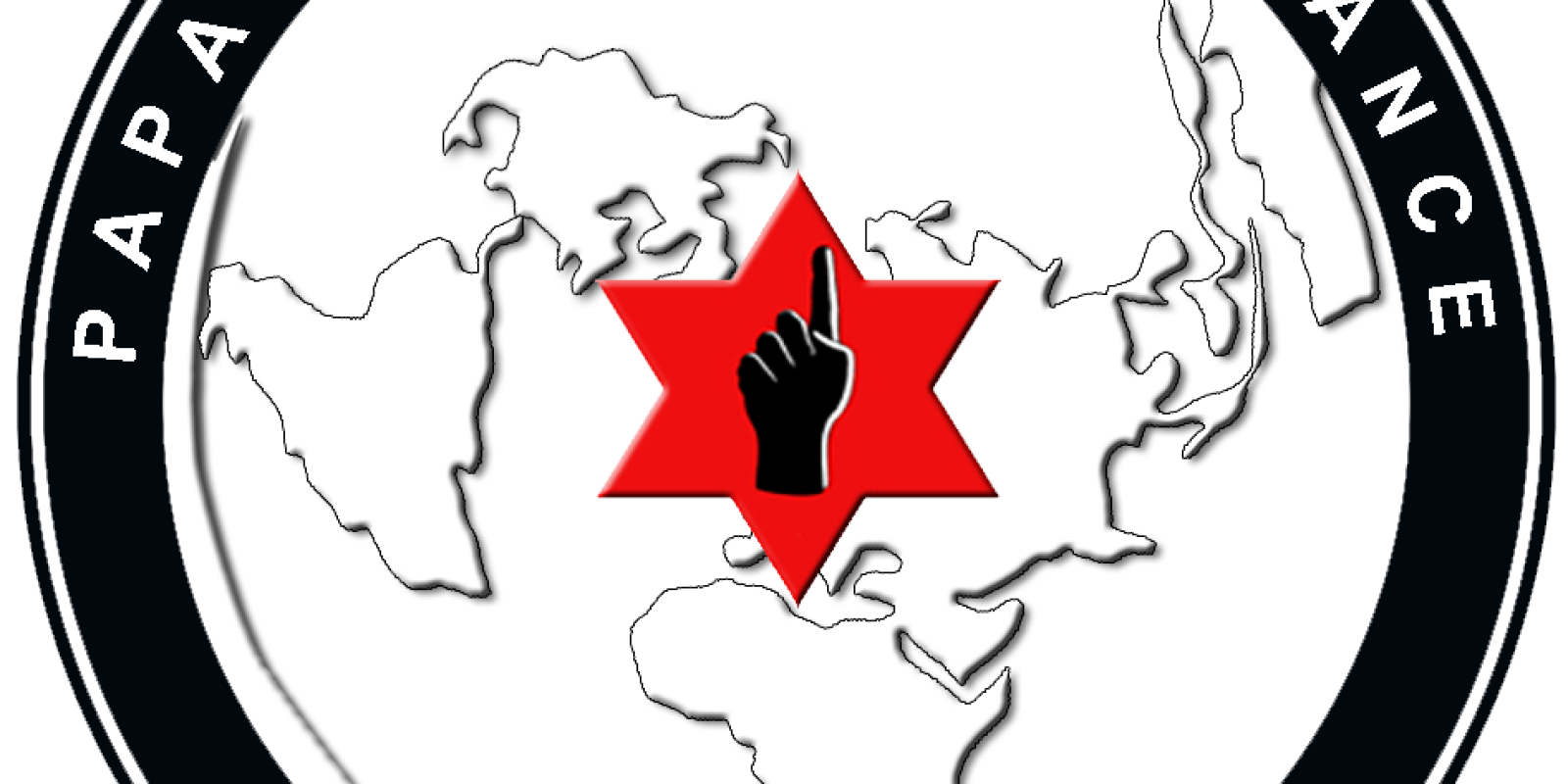Exploring the Merits of a Kingdom and the Potential for a Worldwide Empire of Aligned Nations
Introduction: The debate between democratic systems and monarchies has long been a topic of discussion. While democracies promote popular participation and representation, kingdoms offer distinct advantages in terms of stability, efficiency, long-term vision, cultural symbolism, expertise, and crisis management. Additionally, recognizing the disadvantages of democracies contributes to a comprehensive analysis. Moreover, envisioning a worldwide empire of aligned nations under the principles of human rights, mutual respect, and equality presents unique opportunities. This article delves into the benefits of a kingdom, addresses democratic challenges, and explores the potential advantages of a worldwide empire under the guiding principles of justice and cooperation.
Advantages of a Kingdom:
- Stability and Continuity: A kingdom provides stability and continuity in governance, as the hereditary nature of the monarchy ensures a consistent decision-making process. With lifelong tenure, a monarch can foster economic growth, attract investments, and plan for the long-term prosperity of the nation.
- Efficient Decision-Making: In contrast to the often complex decision-making processes of democracies, kingdoms benefit from streamlined and efficient governance. The executive powers of a monarch allow for prompt decision-making and swift policy implementation, enabling rapid responses to crises and challenges.
- Long-Term Vision and Stability: Monarchs, committed to the well-being of their realm, can develop comprehensive strategies with a focus on long-term goals. This visionary approach ensures intergenerational stability, fosters societal development, and allows for the implementation of policies that transcend political fluctuations.
- Cultural Symbolism and National Identity: A kingdom serves as a powerful symbol of national identity, connecting citizens to their historical and cultural heritage. The monarchy’s presence reinforces national cohesion, pride, and a sense of belonging through ceremonial events and symbolic functions.
- Expertise and Guidance: Monarchs receive comprehensive education and training on governance, diplomacy, and statecraft. Their expertise equips them with a deep understanding of their nation’s needs and challenges, enabling them to provide valuable guidance to elected officials for informed decision-making.
- Adaptability and Crisis Management: During times of crisis, a monarchy’s unifying figurehead can provide stability, reassurance, and inspiration. The neutral and nonpartisan position of a monarch facilitates consensus-building, ensuring efficient crisis management and fostering societal resilience.
Disadvantages of Democracies:
- Gridlock and Slow Decision-Making: Democracies often involve multiple branches of government, political parties, and interest groups, leading to a complex decision-making process. This can result in gridlock, delays in implementing policies, and hindered responsiveness to urgent issues.
- Short-Termism and Populism: Democracies can be prone to short-term thinking as politicians prioritize immediate voter satisfaction over long-term sustainability. The pressures of populism can lead to policies driven by popular sentiment rather than evidence-based decision-making.
- Inequality and Special Interest Influence: Democratic systems can be influenced by powerful interest groups, leading to increased economic inequality and a lack of equitable representation. This undermines equal political participation and erodes public trust in democratic institutions.
- Tyranny of the Majority: Democracies risk infringing upon the rights and interests of minority groups when the majority dominates decision-making. Safeguards are necessary to prevent the majority from abusing their power and ensure the protection of individual rights.
- Low Voter Engagement and Polarization: Democracies can experience low levels of political participation, voter apathy, and intense political polarization. These factors hinder constructive dialogue, compromise, and diverse perspectives in decision-making.
Advantages of a Worldwide Empire of Aligned Nations:
- Unity and Collaboration: A worldwide empire of aligned nations, operating under the principles of human rights, mutual respect, and equality, fosters world unity and collaboration. Shared values promote diplomatic cooperation, collective problem-solving, and the pooling of resources for the betterment of all member nations.
- Peace and Stability: By aligning nations under a common vision, a worldwide empire of aligned nations can contribute to world peace and stability. Through diplomatic channels and shared institutions, conflicts can be resolved peacefully, promoting harmony and reducing the likelihood of armed conflicts.
- Economic Prosperity: A worldwide empire of aligned nations offers the potential for enhanced economic cooperation and trade. Harmonized regulations, streamlined processes, and shared infrastructure can facilitate increased economic exchanges, investment opportunities, and mutually beneficial partnerships, fostering overall economic prosperity.
- World Influence and Representation: A unified empire composed of diverse nations can amplify their collective voice on the world stage. Through coordinated diplomacy and joint initiatives, aligned nations can advocate for shared values, address pressing world challenges, and promote equitable representation in international forums.
- Knowledge Sharing and Innovation: An empire of aligned nations can create a conducive environment for knowledge sharing, research collaboration, and innovation. By pooling intellectual resources and expertise, member nations can advance scientific and technological progress, leading to mutual benefits in various fields, including healthcare, environmental sustainability, and space exploration.
While democracies offer valuable principles of popular participation and representation, monarchies, with their advantages of stability, efficiency, long-term vision, cultural symbolism, expertise, and crisis management, present an alternative governance system. Recognizing the disadvantages of democracies further enriches the analysis. Moreover, envisioning a worldwide empire of aligned nations under the principles of human rights, mutual respect, and equality holds potential for unity, peace, economic prosperity, world influence, and knowledge sharing on a world scale. Through careful consideration of various governance models, we can foster a vision of a harmonious and prosperous world.
You can bypass the rigged ballot box and get your citizenship directly from the Empire here: Citizenship – Kingdom of David




